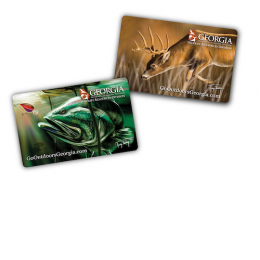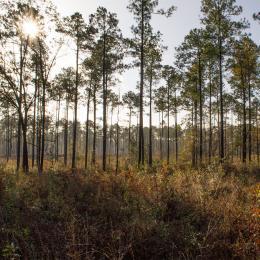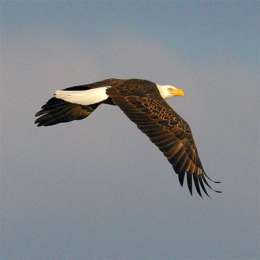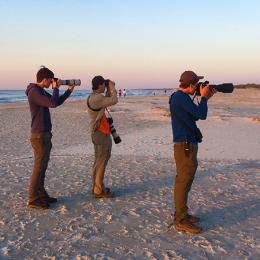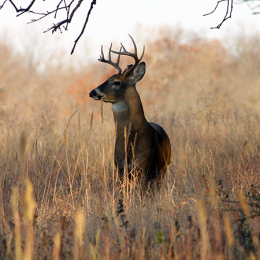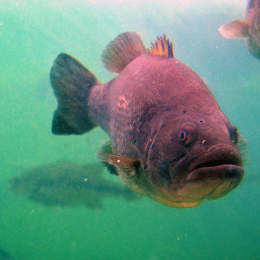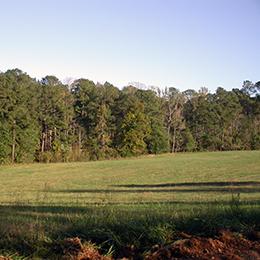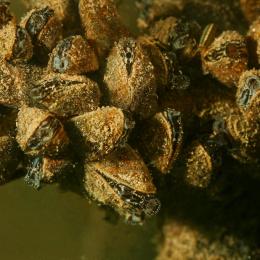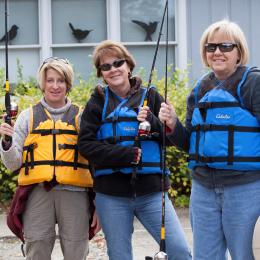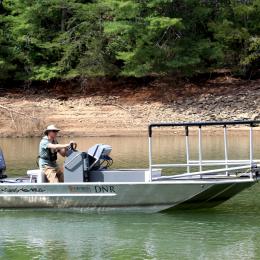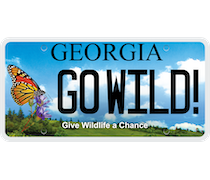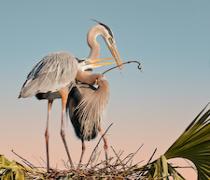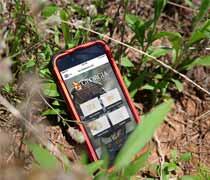Hunting & Fishing Regulations

If you plan to hunt or fish in Georgia, start with the 2024-2025 Hunting & Fishing Regulations to review rules, seasons, limits and other information.
DNR Regulatory Process
Public Meetings & Hearings
Public participation is an important component of the regulatory process.
Public meetings are forums designed to accept public input for consideration into the development of hunting regulation, or other related rule proposals, and other management actions.
Public hearings are forums designed to accept public comment on proposed regulations under consideration by the Board of Natural Resources.
Proposed Regulations
View all proposed regulations under consideration of the Board of Natural Resources and public notices here. Public participation is an important component of the regulatory process.
Recently Updated Regulations
Regulations recently passed by the Board of Natural Resources.
Hunting Regulations Process
Every two years, the Wildlife Resources Division (WRD) invites all hunters and other interested persons to attend public meetings and provide input on the development of changes to current hunting regulations.
Paramount to this process is the understanding that the Georgia General Assembly passes laws and the Board of Natural Resources passes regulations. Laws take precedence over regulations, and the Board can declare regulations only specific to the authority the General Assembly grants it. The Wildlife Resources Division (WRD) does not have an active role in introducing or voting on proposed law changes. Those rights are reserved for Georgia's elected General Assembly members. WRD's role is to serve as a source of information to assist lawmakers in making informed decisions relative to related issues and to make regulatory recommendations to the Board for their consideration.
The purpose of hunting regulations are to manage Georgia's game birds and game animals according to sound principles of wildlife management and to meet public objectives for use of these renewable natural resources.
The development of hunting regulations follows this general timeline:
- January: A series of public meetings are held across the state to obtain public input prior to the formulation of hunting regulation proposals. Public input may also be submitted electronically, in writing, or by telephone.
- February: Hunting regulation proposals are received from WRD's biologist and other field staff.
- March: Proposals are completed and presented to the Board of Natural Resources for input, review and tentative approval.
- April: Public notice (30-day) of the proposed regulation package. WRD holds three (3) public hearings on the proposed regulation package to receive public comment. Public comment on the proposals also may be submitted electronically, in writing, or by telephone.
- May: Formal action on proposed regulations by the Board of Natural Resources.
- June: Development of the annual Hunting Seasons and Regulations booklet.
- July: Complete development and publication of the annual Hunting Seasons and Regulations booklet.
- August: Hunting Seasons and Regulations booklet is made available on the website, at DNR offices, and at other retail outlets.
Protected Species
It is unlawful to take nongame wildlife except fiddler crabs, coyotes, armadillos, groundhogs, beavers, starlings, English sparrows, pigeons and venomous snakes. Additionally, rats, mice, frogs, spring lizards, freshwater crayfish and freshwater mussels may be taken except for species on Georgia's Protected Species List. No more than 10 freshwater turtles may be possessed without a commercial turtle permit. The taking of freshwater mussels requires a fishing license or commercial fishing license. For more information on the commercial taking of freshwater mussels, consult your local state fisheries office.
Wild Animals
View our extensive FAQ about the new rules on our Wild Animals Rules page.




